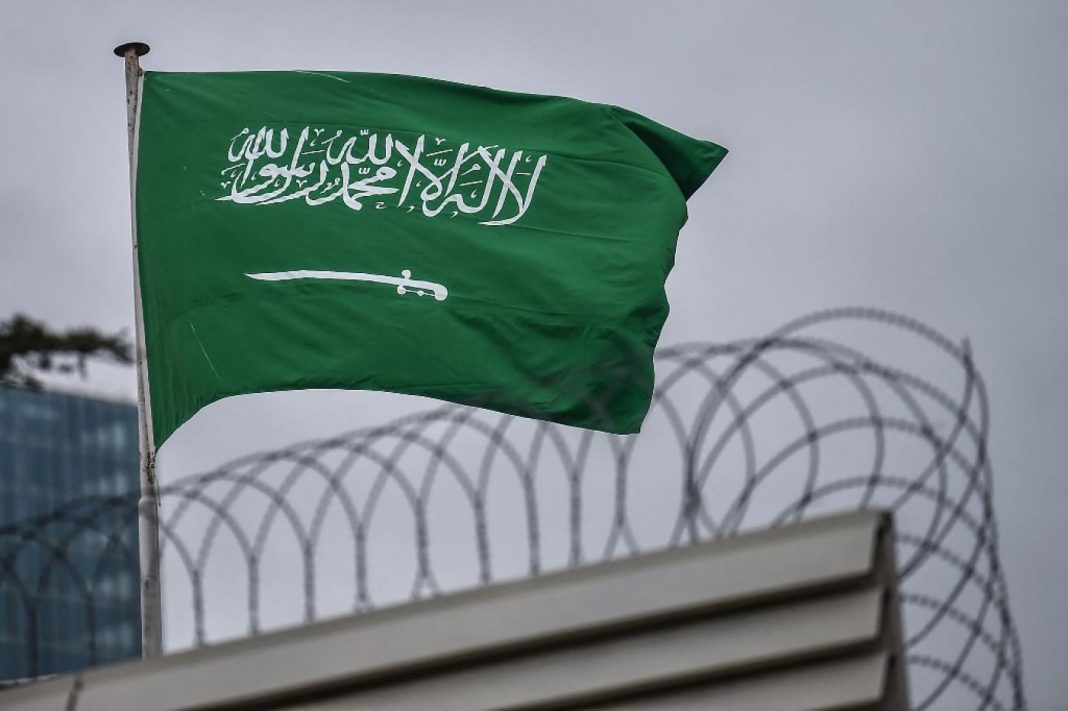The Bahraini nationals, identified as Jaafar Sultan and Sadiq Thamer, had been charged with “joining a terrorist cell led by a man wanted in Bahrain”, the ministry said in a statement.
Since May 2, Saudi Arabia, which has one of the world’s highest death penalty rates, has executed nine “terrorism” convicts, all but one in the eastern region where the Shia minority is concentrated.
There have been more than 40 executions in Saudi Arabia so far this year, based on state media reports.
In 2022, Saudi Arabia executed 147 people – including 81 on a single day – for “terrorism-related” offences.
The two Bahrainis “received training in camps belonging to terrorist entities aiming to destabilise the security of Saudi Arabia and Bahrain”, the ministry added, without specifying what groups the executed men were accused of being associated with.
They were also accused of aiding “terrorists” in Saudi Arabia by smuggling explosive materials and supporting plans to carry out attacks in the kingdom and in neighbouring Bahrain.
According to Amnesty International, Sultan and Thamer were arrested in Saudi Arabia on May 8, 2015, and were sentenced in October 2021.
In June 2022, the United Nations special rapporteur on extrajudicial, summary or arbitrary executions sent a letter to Saudi authorities, urging them to “halt any possible step towards the execution” of the two men and “ensure that they are re-tried in conformity with international law and standards”.
More than 1,000 death sentences have been implemented since King Salman assumed power in 2015, according to a report published earlier this year by Reprieve and the European-Saudi Organisation for Human Rights.
The recent rise in executions in Saudi Arabia comes as the kingdom has attempted to soften its image through sweeping social and economic changes as part of its “Vision 2030” reform agenda.
